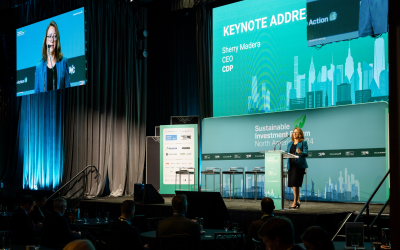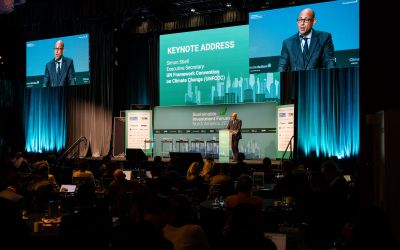Microsoft builds new sustainable campus in Silicon Valley
Microsoft has started construction on its new campus in Silicon Valley designed to achieve net-zero, non-potable water certification as a response to California’s water shortage.

Microsoft has started construction on its new campus in Silicon Valley designed to achieve net-zero, non-potable water certification as a response to California’s water shortage.
The new 643,000-square-foot Silicon Valley campus in Mountain View will have an integrated water management system that will operate on the guiding principle of putting non-potable water into service more than once.
The ultimate goal is to not waste any drinkable water resources in the operations of the offices such as plumbing, sewage systems and in irrigation.
Freshwater from the municipality will only be used for drinking fountains and sinks
Kevin Scott, Microsoft’s Chief Technology Officer wrote: “California continues to face increased demand for limited water and energy resources. We took these challenges into account when we began our design plans. We started with the biggest challenge for the region — water”.
The first step is to deploy rigorous conservation measures to reduce water demand, including advanced irrigation systems and low flow fixtures.
Rainwater, stormwater, and wastewater will be harvested and treated by an onsite wastewater plant. After filtration, this water will be re-used for irrigation and plumbing.
Rainwater will be collected from clean roofs and solar panels; wastewater will be processed from campus kitchens and bathrooms; stormwater will be retained on the living roof and collected from the paved areas.
The buildings will also be designed to meet the Leadership in Energy and Environmental Design (LEED) Platinum certification, a global standard for measuring the sustainability of buildings.
The new campus will be powered by solar panels, it will have a 4-acre living roof and will use sustainably sourced timber- one of the most environmentally friendly and efficient construction materials.
Pauline Souza, Partner at WRNS Studio Architecture & Planning said: “One hundred percent of the buildings' non-drinking water will come from rainfall or on-site recycled water. This will be a first in Silicon Valley, and it shows a commitment to innovation and sustainability.”
Josh Henretig, Senior Director of Environmental Sustainability at Microsoft had talked about the issue in an interview with Environmental Leader earlier this year.
He said: “Companies that did not anticipate the water risks are playing defense rather than offense. At Microsoft, we feel more comfortable when we’re proactively managing these issues”.
The new campus will take two years to complete and will be ready for occupancy in December 2019.



